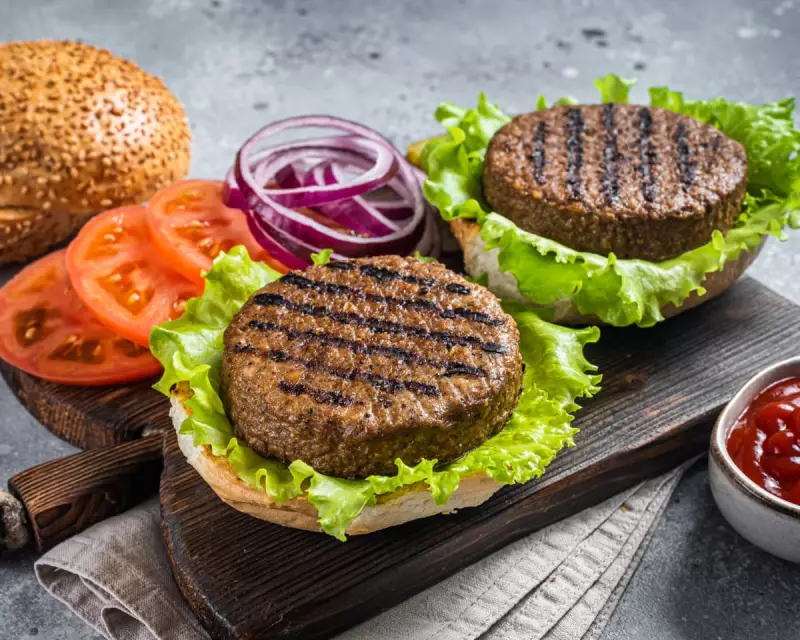
Post-Brexit Trade Deal Threatens Traditional Names for Plant-Based Foods
The familiar labels of 'veggie burgers' and 'plant-based sausages' could disappear from UK supermarket shelves due to a controversial European Union ruling that Britain may be forced to adopt. This potential change stems from the new sanitary and phytosanitary (SPS) agreement secured by the Labour government earlier this year, which ties the UK to certain EU food labelling laws despite Brexit.
How the EU Vote Could Reshape UK Food Labels
Last month, the European Parliament voted to prohibit the use of meat-associated terms like 'burger' or 'sausage' on plant-based product packaging. This week, a crucial decision awaits as the European Commission and member state governments determine whether this ban becomes formal law. Should it pass, UK businesses would automatically be subject to these new labelling restrictions under the terms of the trade agreement, according to understanding within government circles.
The Food Standards Agency has reportedly informed stakeholders that British companies would need to comply with the EU's plant-based labelling rules if adopted. While the UK could potentially negotiate an exemption, government sources indicate this would be challenging. The agreement's "common understanding" states exceptions can only be granted if they don't lower standards compared to EU rules or negatively affect EU goods placed on the UK market.
Industry Reactions and Consumer Confusion Concerns
The proposed legislation has sparked intense debate across Europe. Joel Scott-Halkes, head of campaigns at WePlanet, criticised the move, stating: "The only confusion over plant-based food labelling in Europe is exactly which shadowy livestock lobby is behind it. There's no genuine, citizen-driven demand to ban veggie burgers or sausages."
Meanwhile, major retailers and food producers including Aldi, Lidl, Burger King and sausage manufacturer Rügenwalder Mühle have expressed opposition. In a joint open letter, they argued that banning familiar terms would make it more difficult for consumers to make informed decisions about their food choices.
The amendment was drafted by French centre-right MEP Céline Imart, who also works as a cereals farmer in north-west France. She defended the proposal, saying: "A steak, an escalope or a sausage are products from our livestock, not laboratory art nor plant products. There is a need for transparency and clarity for the consumer."
Support for the labelling restrictions has come from the French meat industry, with similar discussions occurring in Italy. The German chancellor, Friedrich Merz, succinctly summarised the position by stating: "A sausage is a sausage. Sausage is not vegan."
Broader Implications for UK Food Industry and Farmers
Riley Jackson, associate director of commercial at cultivated meat company Ivy Farm Technologies, highlighted the potential negative impact on farmers. He noted that 51% of UK farmers are considering leaving the industry and argued that rather than creating barriers, the focus should be on "raising all boats by building a strong food system."
A government spokesperson declined to comment on hypothetical scenarios but emphasised their focus on delivering an SPS deal that could add up to £5.1 billion annually to the economy by reducing costs and red tape for British growers, producers and retailers.
As the EU decision looms, UK consumers and food manufacturers face the prospect of a significant shift in how plant-based products are marketed and sold, testing the boundaries of the post-Brexit trading relationship.





